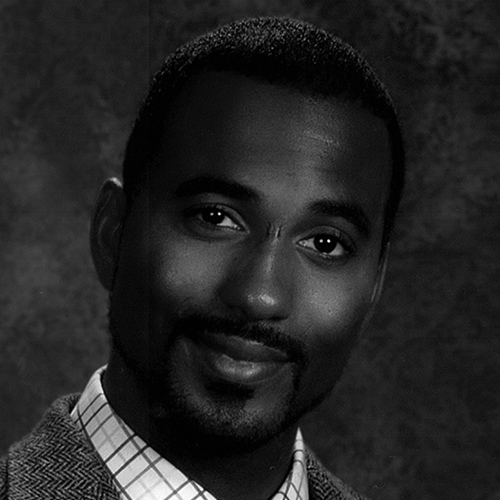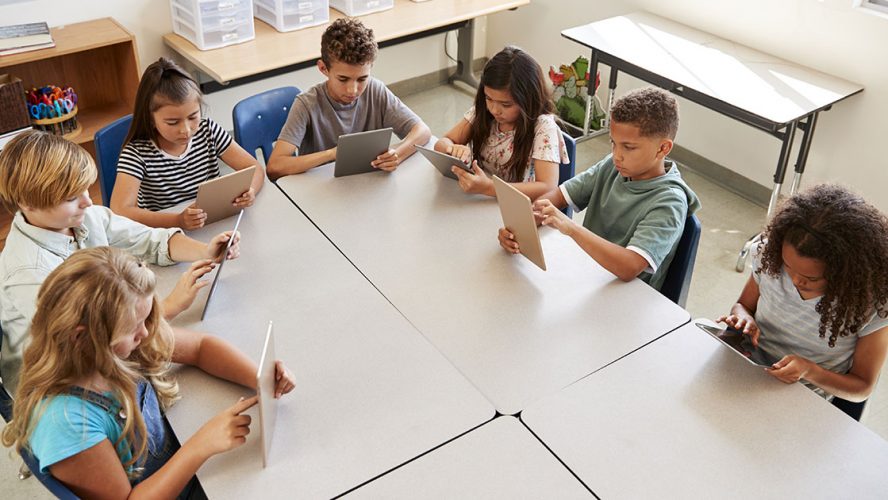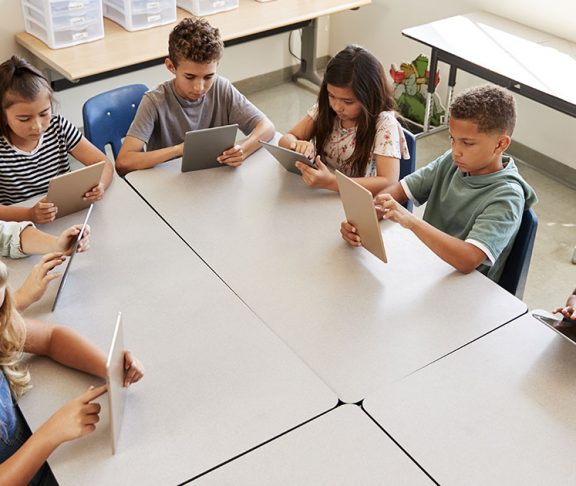Kendell V. Ali, who is pursuing a Ph.D. in learning, cognition, instruction, and development, with a specialization in mathematics education at Rutgers University, explains why it’s important for students to see diversity in their instructors.

Kendell V. Ali
Ph.D. Student in Learning, Cognition, Instruction, and Development, with a Specialization in Mathematics Education
What encouraged you to consider pursuing an education degree?
Math equals opportunity. This is a grounding principle that embodies why I became an educator. As an undergraduate student, I noticed that those adequately prepared to turn knowledge of mathematics into career and academic opportunities often didn’t look like me. When math classes became more advanced, the number of students of color seemed to drop. This ignited a passion for helping others come to know mathematics, particularly those that are traditionally underrepresented in the fields of science, technology, engineering, and mathematics. While working as a middle school math teacher, I pursued an education degree so that I was better equipped to increase the pool of students adequately prepared to take advantage of the opportunities afforded by math. There are things that a student will never be able to do or become without certain mathematical knowledge. I pursued an education degree because I’m committed to working such that students under my charge never have this problem.
As an educator, why do you think diversity in the field is important?
I think of diversity in education in terms of staff, students, and curricula, though here I’ll focus on staffing. A diverse staff allows more students to see themselves in their teachers, school leaders, and other school personnel. It opens the door of possibility for what students think they can achieve and become. It reconstructs their understanding of who gets to be in positions of power, showing them that people who look, act, and are like them can achieve, and “be the boss.” A diverse staff provides more opportunities for students to find someone they connect with, whether through shared culture or experiences. In my experience, this connection increases student engagement and can lead to academic content being presented in a way that’s more relatable for a greater number of students. Diversity in education can positively influence the way students see themselves.
What do you enjoy most about your current degree program?
The opportunity to create new knowledge through research while working with K-12 partners is something that I really enjoy. I get to be part of the bridge between practitioners and researchers, sharing new ideas through publications and talks while also helping to directly evolve teacher practice. My degree program has allowed me to do research with schools, not just on schools. This has and continues to be a highlight of the program, as I get to grapple with interesting ideas, bring new theoretical understandings directly to those who can benefit from them, and turn those understandings into solutions to practical problems.

